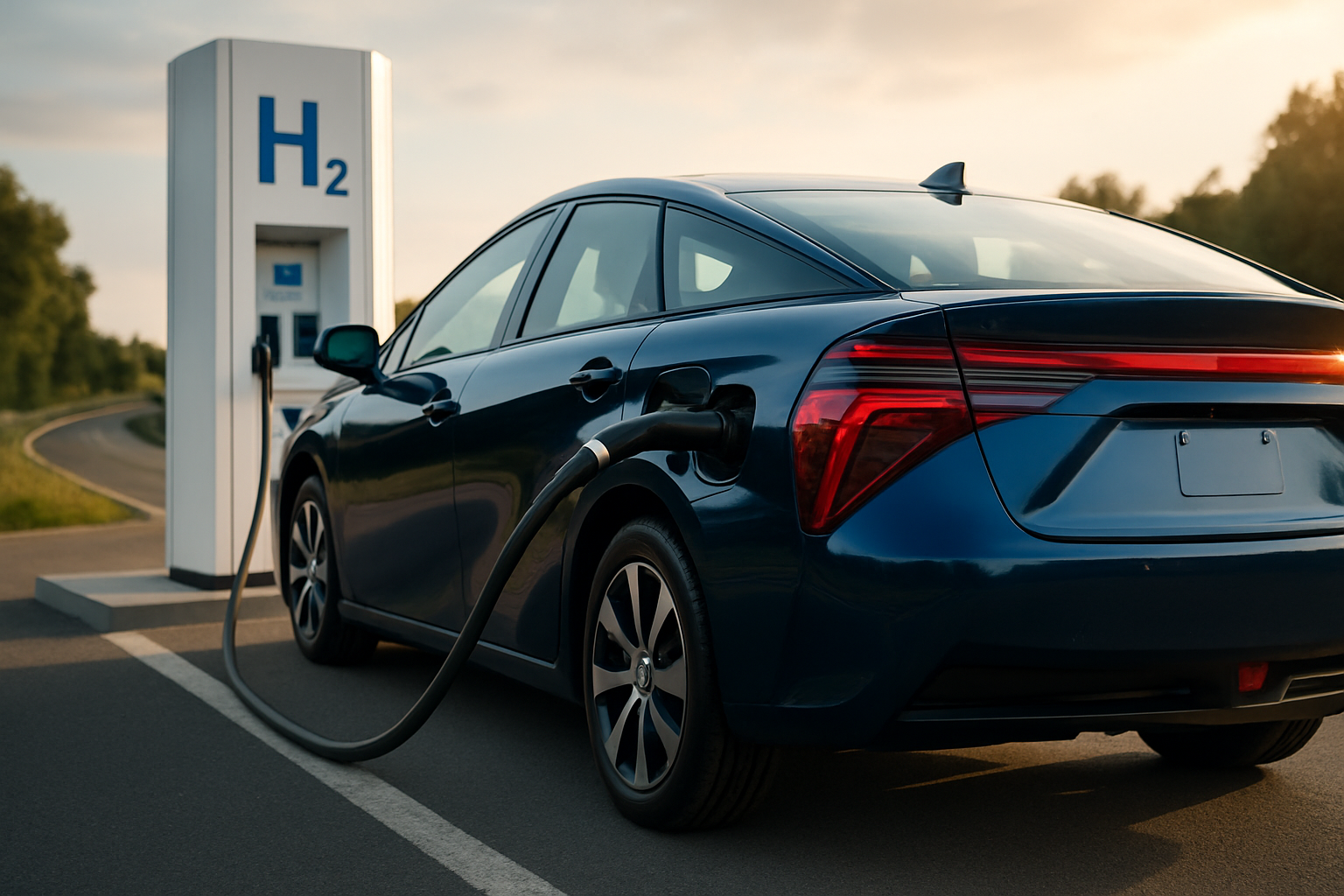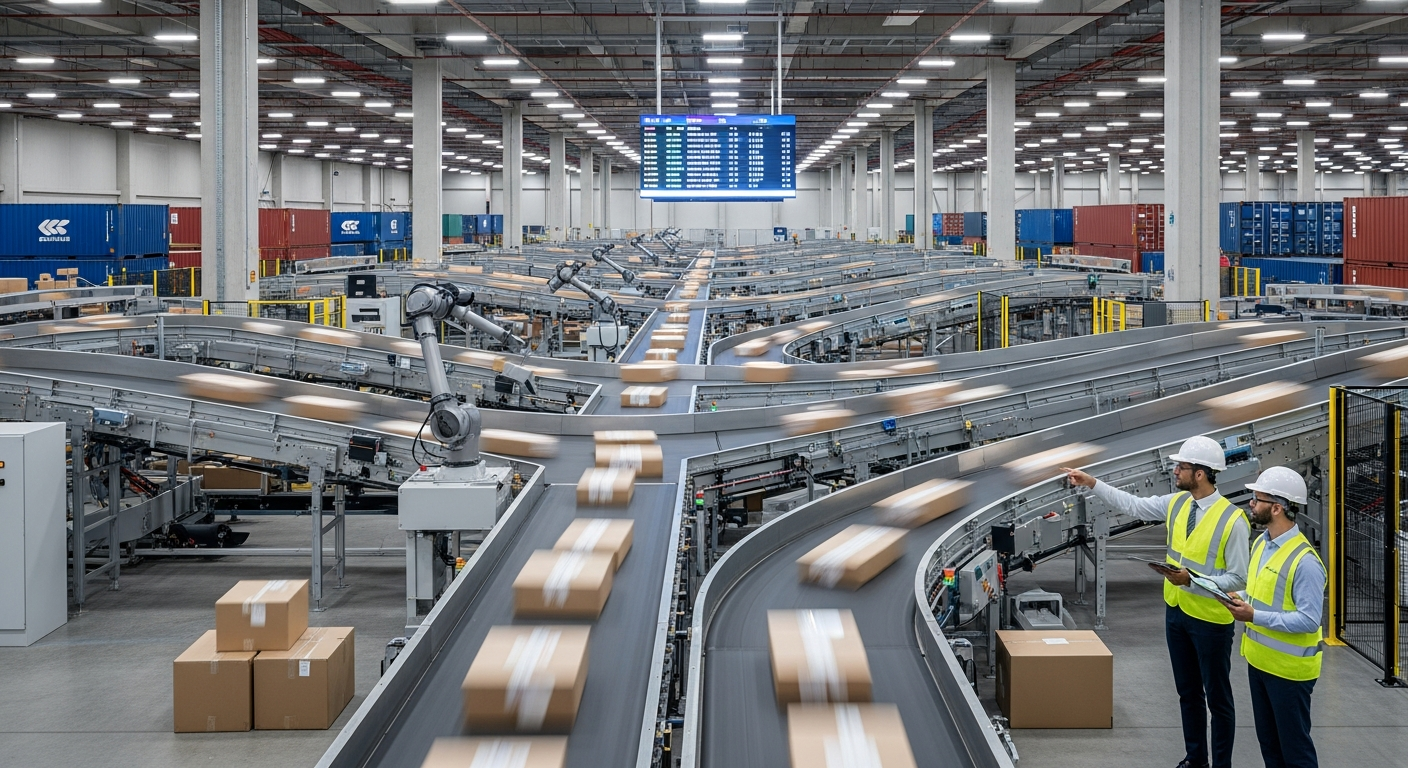"Revving Up the Future: The Rise of Hydrogen Fuel Cell Vehicles"
Introduction: Imagine cruising down the highway in a vehicle that emits nothing but water vapor. This isn't a scene from a futuristic movie, but a reality that's already here with the advent of hydrogen fuel cell vehicles. This article delves into the world of these innovative machines, exploring their history, current trends, and the impact they could have on our roads and environment.

A Glimpse into the Past: The Genesis of Hydrogen Fuel Cell Vehicles
The concept of hydrogen fuel cell vehicles isn’t new. It dates back to the 19th century when Welsh scientist Sir William Grove invented the fuel cell. However, it wasn’t until the mid-20th century that General Motors developed the first hydrogen fuel cell vehicle, the Electrovan, in 1966. Despite its groundbreaking technology, the Electrovan was deemed impractical due to its high production costs and the lack of hydrogen infrastructure.
The Present Scenario: Hydrogen Fuel Cell Vehicles Today
Fast forward to the 21st century, and hydrogen fuel cell vehicles are making a comeback. Companies like Toyota, Honda, and Hyundai have launched their own models, such as the Mirai, Clarity, and Nexo, respectively. These vehicles convert hydrogen gas into electricity, which powers an electric motor. The only byproduct? Pure water vapor.
The Impact: Pros and Cons of Hydrogen Fuel Cell Vehicles
The benefits of hydrogen fuel cell vehicles are significant. They produce zero harmful emissions, have a longer range than most electric vehicles, and can be refueled in minutes. However, challenges remain. Hydrogen fueling stations are scarce, and the production of hydrogen gas often relies on natural gas, a fossil fuel.
The Future: Trends and Predictions in the Hydrogen Vehicle Industry
Despite these challenges, the future of hydrogen fuel cell vehicles looks promising. Governments and automakers worldwide are investing in hydrogen technology and infrastructure. In fact, according to a report by Allied Market Research, the global hydrogen fuel cell vehicle market is expected to reach $42 billion by 2026.
The Road Ahead for Hydrogen Fuel Cell Vehicles
Hydrogen fuel cell vehicles represent a fascinating intersection of innovation, environmental sustainability, and practicality. While hurdles remain, the potential for a cleaner, greener future is driving the industry forward. As we continue to explore and innovate, the day may not be far when hydrogen fuel cell vehicles become a common sight on our roads.
In the fast-paced world of automotive technology, hydrogen fuel cell vehicles are a testament to human ingenuity and our relentless pursuit of a sustainable future. As we gear up for a new era of transportation, it’s clear that these vehicles have a significant role to play.






